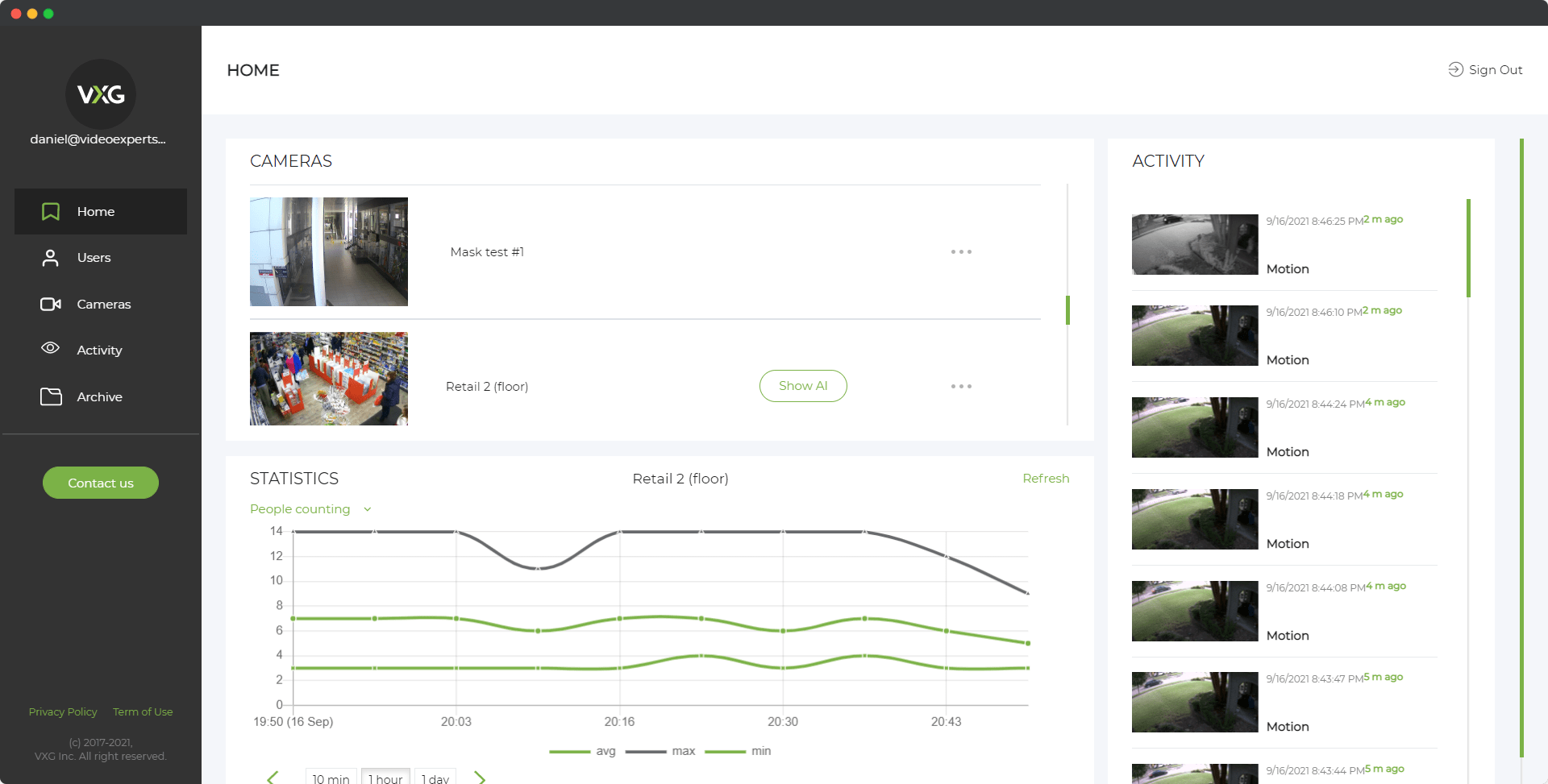In Texas, security cameras are commonly used for safeguarding properties, enhancing public safety, and monitoring activities. However, there are specific laws and regulations governing their usage to protect privacy and ensure lawful operation. This article delves into the legalities surrounding security cameras in Texas, including where and how they can be used.
Can You Legally Install Security Cameras in Texas?
Yes, you can legally install security cameras on your property in Texas, provided you follow state and federal privacy laws. Property owners have the right to monitor their premises for security purposes. However, this right does not extend to areas where individuals have a reasonable expectation of privacy, such as:
- Bathrooms
- Changing rooms
- Bedrooms (in residential rental properties)
Violating these privacy rights can result in legal consequences, including criminal charges and civil lawsuits.
Do You Need Consent to Record Video or Audio?
In Texas, recording video without audio is generally allowed in public and private spaces you own. However, recording audio falls under Texas’s one-party consent law. This means:
- At least one participant in the conversation must give consent for the recording.
- Secretly recording audio in private conversations where you are not a participant is illegal.
Violating this law can lead to misdemeanor or felony charges, depending on the context.
Where Are Security Cameras Allowed in Texas?
Residential Properties
Homeowners can install cameras to monitor their property, including driveways, backyards, and entrances. Cameras should not face neighboring properties or windows, as this may infringe on privacy rights.
Businesses and Commercial Properties
Businesses in Texas commonly use cameras for:
- Monitoring employees and customers
- Preventing theft
- Ensuring workplace safety
Employers must inform employees if cameras are used in areas like break rooms or workspaces. Installing cameras in restrooms or locker rooms is prohibited.
Public Spaces
In public areas such as streets, parks, and shopping malls, security cameras are generally allowed. The law assumes there is no reasonable expectation of privacy in public spaces.
Texas Laws on Hidden Cameras
Texas Penal Code §16.02 addresses the use of hidden cameras. Under this law:
- Installing or using a hidden camera to record someone without their consent in a private area is illegal.
- This law is aimed at preventing voyeurism and protecting privacy.
Penalties for violating this law can include imprisonment and significant fines.
Security Cameras in Rental Properties
Landlords in Texas can install security cameras in common areas such as lobbies, hallways, and parking lots. However:
- Tenants must be notified of camera installation.
- Cameras cannot be installed inside rental units without tenant consent.
Are Doorbell Cameras Legal in Texas?
Doorbell cameras, such as Ring and Nest, are legal in Texas as long as they are used responsibly. Homeowners should ensure the camera’s view does not invade the privacy of neighbors. Audio recording on these devices must comply with the one-party consent law.
Penalties for Misusing Security Cameras
Improper use of security cameras can lead to legal consequences, including:
- Civil Lawsuits: Invasion of privacy can result in lawsuits where the violator must pay damages.
- Criminal Charges: Violating privacy laws can result in misdemeanor or felony charges, with penalties including fines and imprisonment.
FAQs
By understanding and adhering to these laws, Texans can use security cameras responsibly while respecting privacy rights.
















